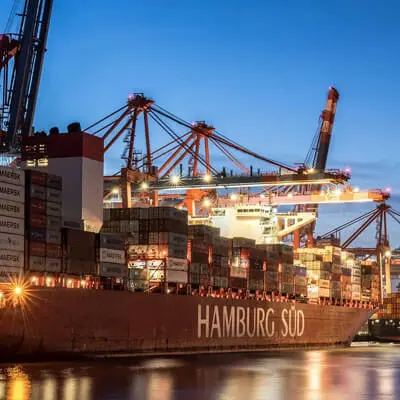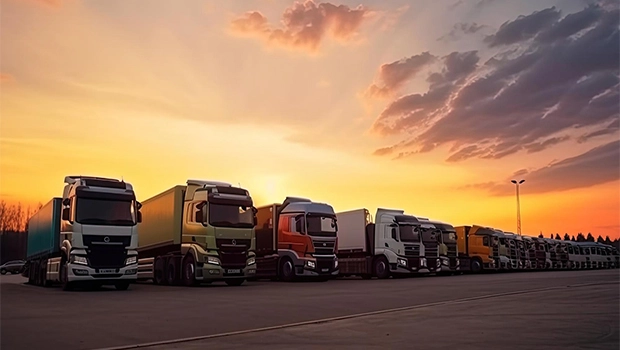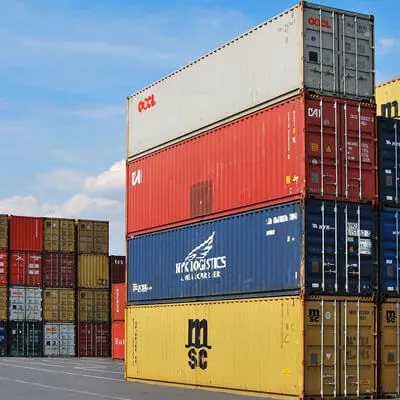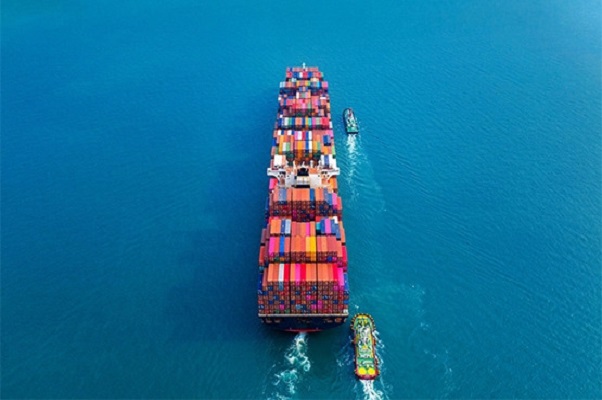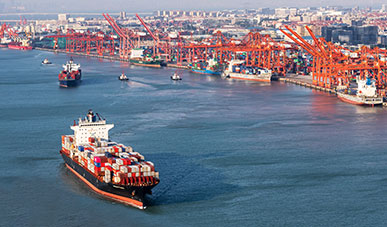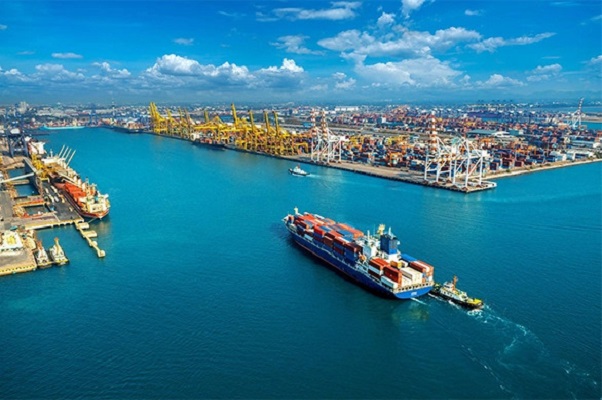+
EX Works (EXW) is an Incoterm that places maximum responsibility and risk on the buyer. Under this agreement, the seller's obligation is limited to making the goods available at their warehouse or dock. Once the buyer collects the goods, they assume all remaining responsibilities, including transportation to the destination port.
EXW applies to all modes of transport and requires the buyer to handle every aspect of the shipment after collection. This includes arranging transport, managing export documentation, covering freight charges, and completing the import and delivery process. From the moment the goods are picked up, the risk is transferred to the buyer.
Due to the significant responsibilities placed on the buyer, those new to international trade or unfamiliar with export processes are advised to work with freight and logistics companies to minimize errors and unexpected costs.
Under EXW terms, the seller has minimal obligations. Their primary responsibility is to ensure the goods are properly packaged for export and made available for collection at their location. Typically, this means the products are packed in export cartons and placed in an accessible area for pickup. Beyond this, the seller has no further duties.
Once the goods are collected, the buyer assumes all risks and responsibilities, which include:
Loading Charges: Covering the cost of loading the goods at the seller’s location for transport to the port.
Transport to Port: Arranging and paying for transportation to the origin port.
Export Duties and Documentation: Handling all export customs clearance, documentation, and associated taxes or duties.
Origin Terminal Fees: Paying terminal charges at the origin port.
Loading on Carriage: Ensuring the goods are loaded onto the vessel or transport.
Freight Costs: Covering all transportation charges from the origin to the destination port.
Insurance: While optional, it is advisable to insure the cargo to protect against damage or loss.
Destination Terminal Fees: Paying charges at the destination port for unloading and handling.
Final Delivery: Arranging transportation from the destination port to the final delivery point.
Unloading Costs: Covering the cost of unloading at the final destination.
Import Duties and Taxes: Handling customs clearance and paying any duties or taxes in the destination country.
Cost Control: EXW offers buyers complete control over logistics, allowing them to consolidate shipments from multiple suppliers.
Confidentiality: Buyers can conceal supplier details by using a different name as the exporter on documentation.
Lower Purchase Price: EXW often results in a lower unit price since the seller has minimal responsibilities.
Direct Exporting Opportunities: In countries like China, EXW enables buyers to source products from manufacturers that focus solely on local markets and lack export licenses, often at lower costs.
High Risk: The buyer assumes all risks and responsibilities for export, transport, and import, which can be overwhelming for those unfamiliar with the process.
Complex Logistics: Tasks like loading, customs clearance, and inland transportation in the seller's country can be challenging without a trusted partner.
Potential Higher Costs: Buyers new to EXW may face unforeseen expenses, making this option less cost-effective than alternatives like FOB.
Dependence on Third Parties: Buyers often need to rely on freight forwarders or logistics companies to handle exports, especially when dealing with countries like China.
EXW agreements are most suitable in the following scenarios:
Seller Lacks Export Capability: When the seller cannot handle exports, EXW enables the buyer to take full control of logistics.
Consolidation of Shipments: Buyers combining multiple shipments into one export find EXW ideal.
Air Express Shipments: Courier services often include export handling, making EXW a practical choice for air shipments.
Experienced Buyers: Established importers with offices or expertise in the seller’s country may find EXW advantageous for managing shipments directly.
EXW can be effective for buyers importing from China, especially when using air express services or purchasing goods directly from local markets like Yiwu Market. However, while the unit price may appear cheaper, buyers must account for inland shipping and export documentation costs. In many cases, these additional expenses make EXW comparable to or even more expensive than FOB.
The primary advantage of EXW in China is the buyer's ability to have full control over logistics. However, it is crucial to have a clear understanding of the process and costs involved. Engaging a reliable freight forwarder or logistics partner can help ensure smooth handling of the export process. Additionally, purchasing freight insurance is a cost-effective way to protect against potential losses.
How is EXW pricing calculated?
EXW pricing includes all costs borne by the buyer, from collecting the cargo at the seller's location to final delivery. A detailed breakdown of each transport stage is required to calculate the total cost.
What is the difference between EXW and FOB?
In EXW, the buyer handles all transportation and export responsibilities, starting from the seller’s location. In FOB, the seller takes responsibility for export formalities and delivering the goods to the vessel, with the buyer assuming responsibility only after the cargo is loaded.
Does EXW include duties and taxes?
No, under EXW, the buyer is responsible for all import duties, taxes, and customs clearance. The seller’s only obligation is to prepare the goods for collection.
What does EXW mean on Alibaba?
EXW on Alibaba indicates that the seller's responsibility ends once the goods are ready for pickup at their location. Buyers must arrange all transportation, export documentation, and customs clearance. For new buyers, EXW may not be ideal unless using air freight or working with experienced logistics partners.
GOWIN offers a comprehensive range of services for both buyers and sellers under EXW (Ex Works) shipping terms. Under EXW, the seller is responsible for making goods available at their premises, while the buyer assumes responsibility for all costs and risks associated with transporting the goods to the final destination. GOWIN supports both parties to ensure a smooth and efficient process.
For sellers, GOWIN assists with preparing goods for pickup, handling essential documentation such as commercial invoices and packing lists, and providing loading assistance when necessary.
For buyers, GOWIN arranges transportation, manages export and import clearance, coordinates freight bookings, and offers additional services such as warehousing, insurance, logistics tracking, and consulting.
By leveraging GOWIN's expertise, both buyers and sellers can ensure timely and cost-effective delivery while focusing on their core business operations.

